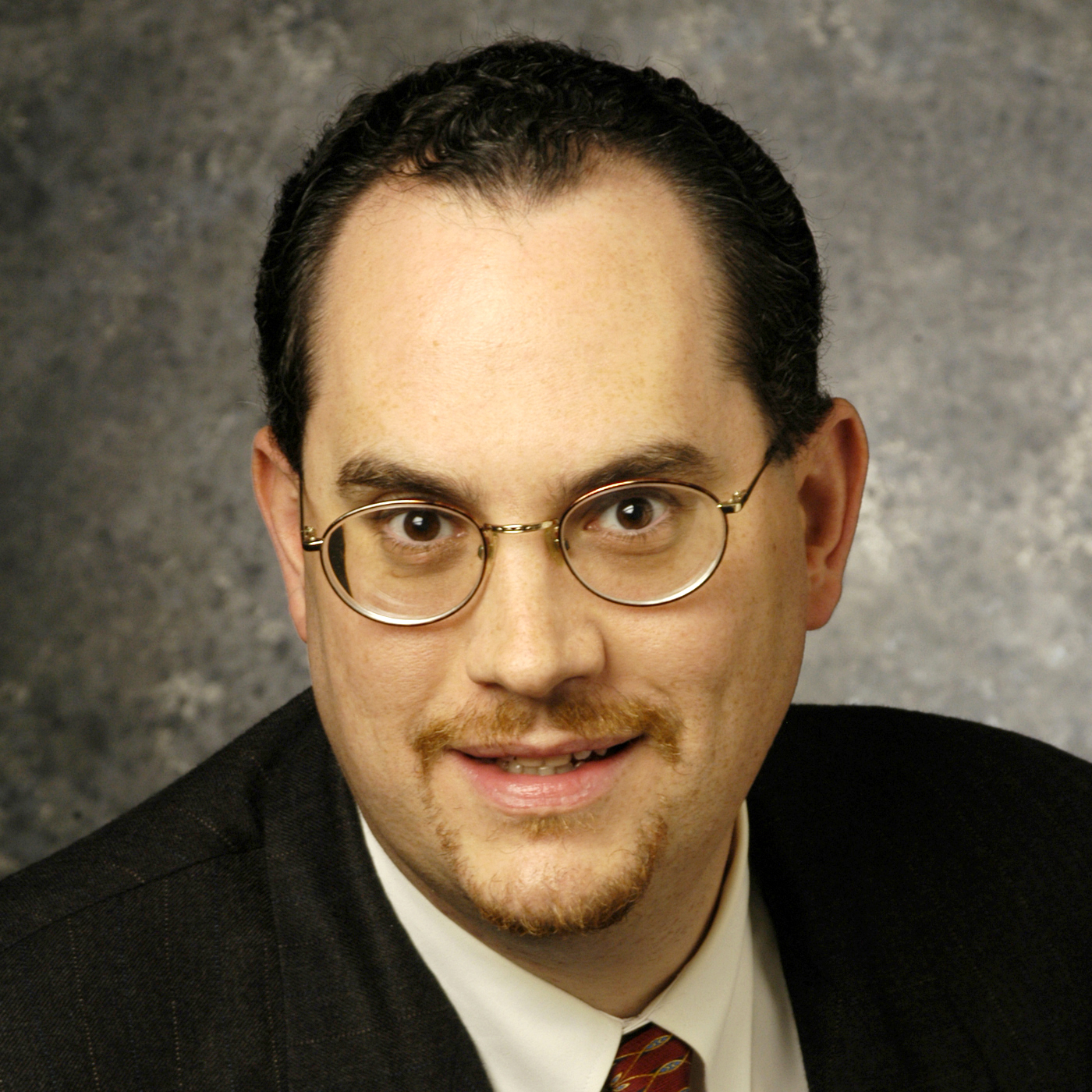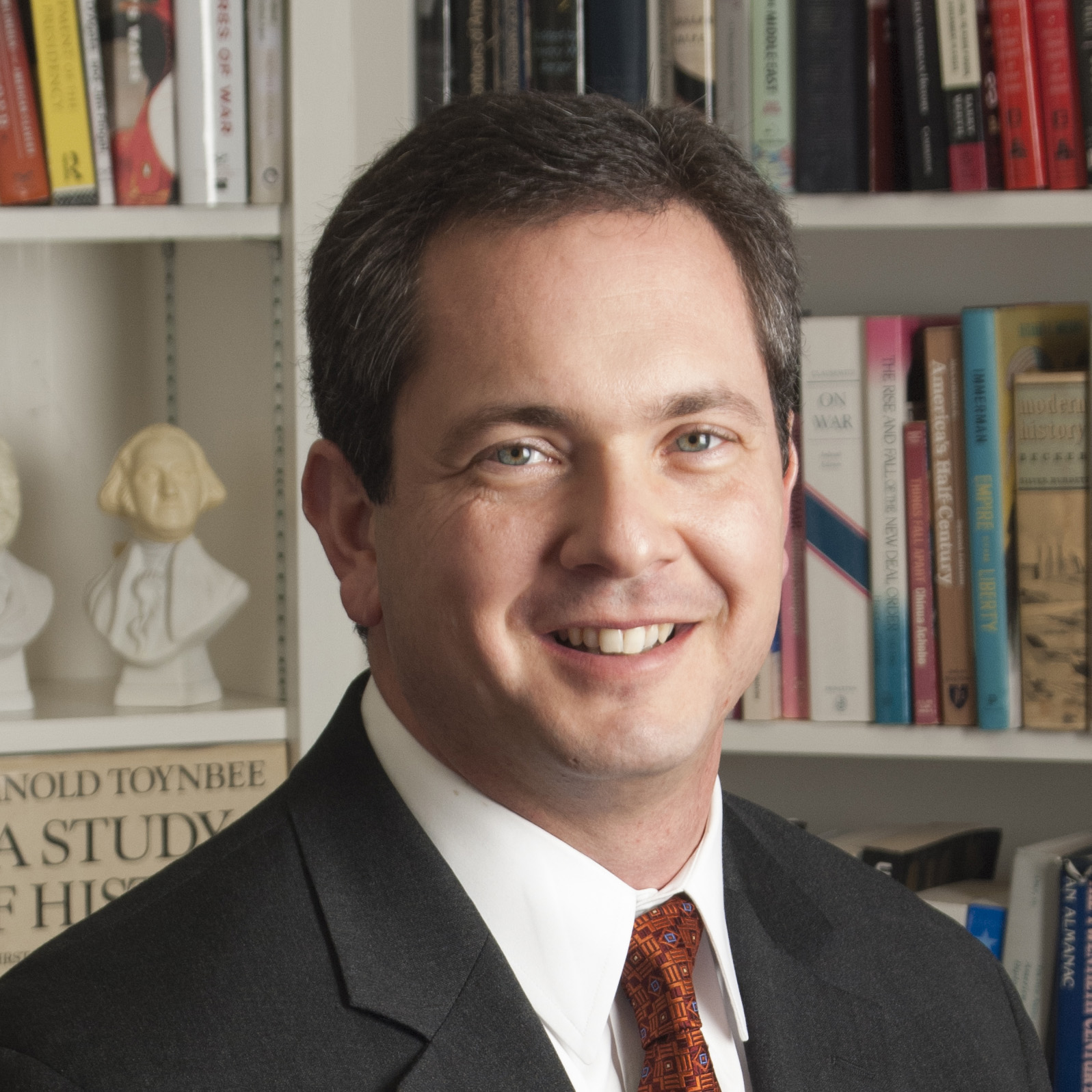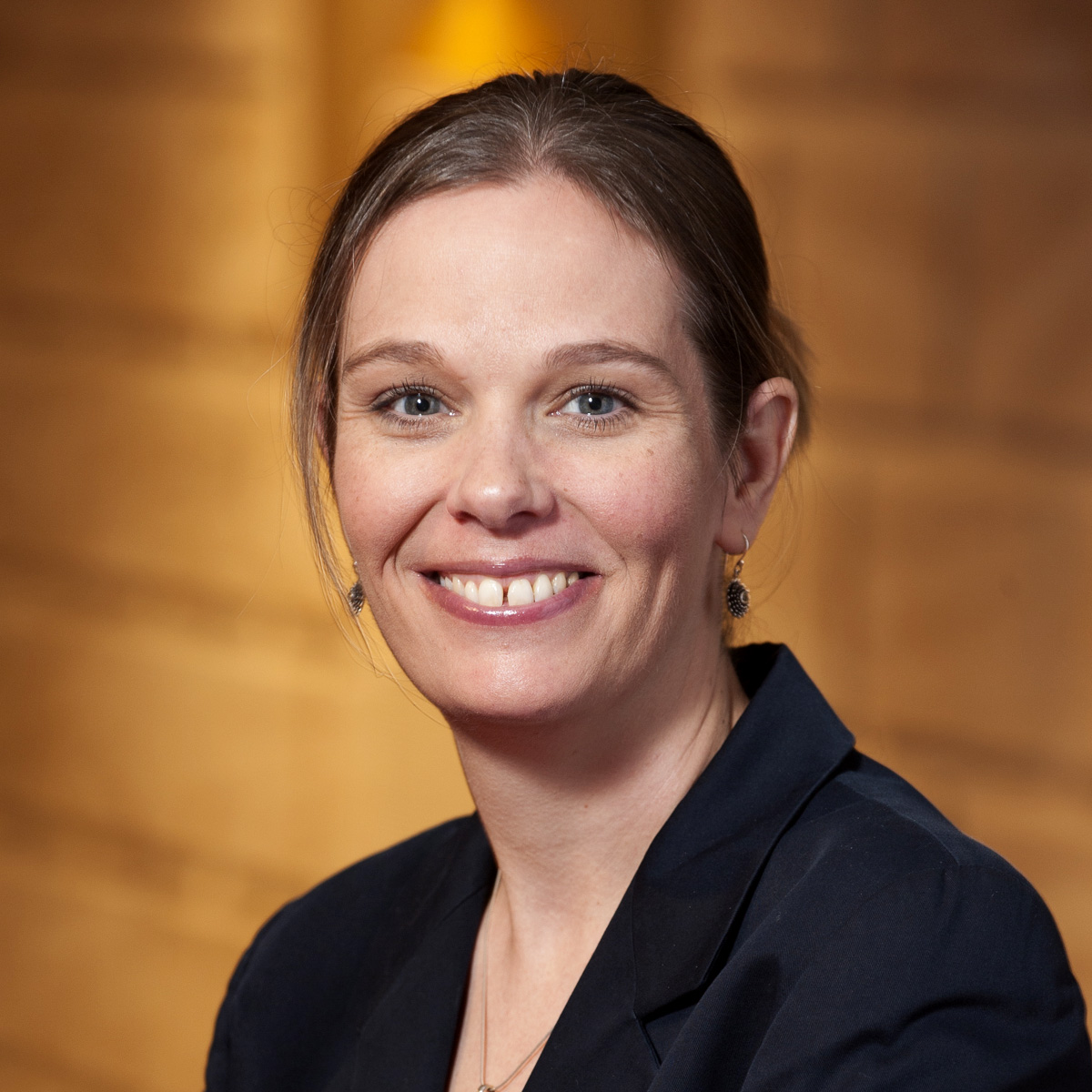Legacy Game:
SMU political experts are available for interview on all things related to the current state of the presidential race.
| GENERAL ELECTION REACHES STAGE 1: DEFINE YOUR OPINION |
|
|
The first stage of every general election, says Wilson, is for candidates to try to define their opponents in unflattering terms. This year, Stage 1 is proving nastier and trickier than usual. “The trouble is both Clinton and Trump are extraordinarily well-known,” Wilson says. “There aren’t many Americans who don’t have existing opinions on Trump or Clinton, so it’s harder for them to define each other.” But that doesn’t mean they haven’t been trying. “Clinton is clearly interested in taking on the notion of Trump as the champion of the common man,” Wilson says. “He’s clearly a rich guy, the question Clinton wants us to ask is, ‘Is he insensitive and out of touch?’ “(In turn,) Trump will try to deflate Clinton’s female icon status, the idea she’s emblematic of the success of women.” Wilson adds. Wilson said this stage of attempting to define one another will likely last until the party conventions, when new narratives will have a chance to rise. In the meantime, Wilson doesn’t think either candidate’s current tactics will do much to move the needle. “Trump’s not just talking about Hillary stuff from the 90s, he’s talking about stuff from the 90s that Hillary’s husband did, so that limits its effectiveness,” Wilson says. “I also don’t think Clinton gets a lot of mileage from off-the-wall comments Trump has made. If a voter was going to be offset by that, they would have gotten off the train long ago. These types of comments have been covered for months and a lot of people have shown they don’t care.” Wilson is an SMU associate professor of Political Science. He can discuss:
|
|
| CLINTON AND TRUMP: THE CHALLENGES OF BEING WELL-KNOWN |
|
|
Voters are in for a long and nasty campaign leading up to November. “This will be a dirty campaign for both parties for two reasons,” Engel says. “First, because the populists on both sides are angry and view the opposition as a villain, and second, because both Hillary Clinton and Donald Trump have been in the public eye so long that there’s a lot of mud to be thrown.” In fact, Engel says you have to look back more than 100 years to find a candidate who was so similarly well-known. “You might have to go all the way back to Grover Cleveland, who was attacked for the charge he’d fathered an illegitimate child in the late 1800s,” Engel says. “Reagan didn’t have the national recognition of Trump or Clinton. Kennedy didn’t either, and LBJ did only to a limited extent.” Because both Clinton’s are so well known, Engel says Trump’s attacks on Bill Clinton could easily backfire against him. “The 90s are not an easy period for Trump to capitalize on because, while most Americans sigh and shake their heads in recalling the scandals of the 90s, the decade was remarkably good for most Americans economically,” Engel says. “I could see a world where Americans say, ‘I hope we don’t have to go through Lewinsky and Whitewater again, but if the result is I have a good economic decade, I’ll take it.’” Engel is director of the SMU Center for Presidential History. He can discuss:
|
|
| CLINTON MAY HAVE FOUND THE KRYPTONITE #NEVERTRUMP WAS LOOKING FOR |
|
|
Since the day he glided down an escalator and announced his presidential campaign a year ago, Trump has seemed impervious to every sling and arrow. Forget the slings. Martin says Clinton might have just found dynamite in revealing the eagerness Trump expressed in 2006 for the personal money-making opportunity he expected from the mortgage/economic meltdown that arrived two years later. “That can be really damaging when a lot of people were harmed by that financial crisis,” Martin says. “What’s driving the Trump candidacy is a lot of people don’t feel we’ve recovered from that recession, so if Clinton can tie Trump to being one of the beneficiaries of the recession and among those who wanted it to happen, that’s very damaging.” It’s the kind of potent attack Trump’s Republican primary rivals were looking for, but could never find. Perhaps even more significant for Clinton is the prominent voice that’s joined her in leading the attack. “Earlier this week, Elizabeth Warren made a speech in DC about the very same thing,” Martin says. “That’s really good for Clinton because the constituencies that don’t like Clinton do like Warren. Sanders and Warren supporters are basically the same people – so if Warren comes out echoing Clinton’s talking points, that’s a good thing for Clinton.” Martin doesn’t expect Trump to take the attack lying down. On the contrary, Martin predicts, “This will be the most negative campaign we’ve ever seen.” “The reason these candidates have the highest unfavorable ratings isn’t because they’re the worst candidates we’ve ever had, it’s because they’re the best-known candidates we’ve ever had,” Martin says. “We live in a country where people don’t like political figures. Even when it comes to celebrities, we build them up so we can tear them down. It’s a bit of a misnomer to think they are disliked for a reason beyond they have the good and bad fortune of having lived in the public sphere as long as they have.” Martin is an SMU assistant professor of Communication Studies in the Meadows School of the Arts. She can discuss:
|
|
###
21756-nr-5/26/16-kr


